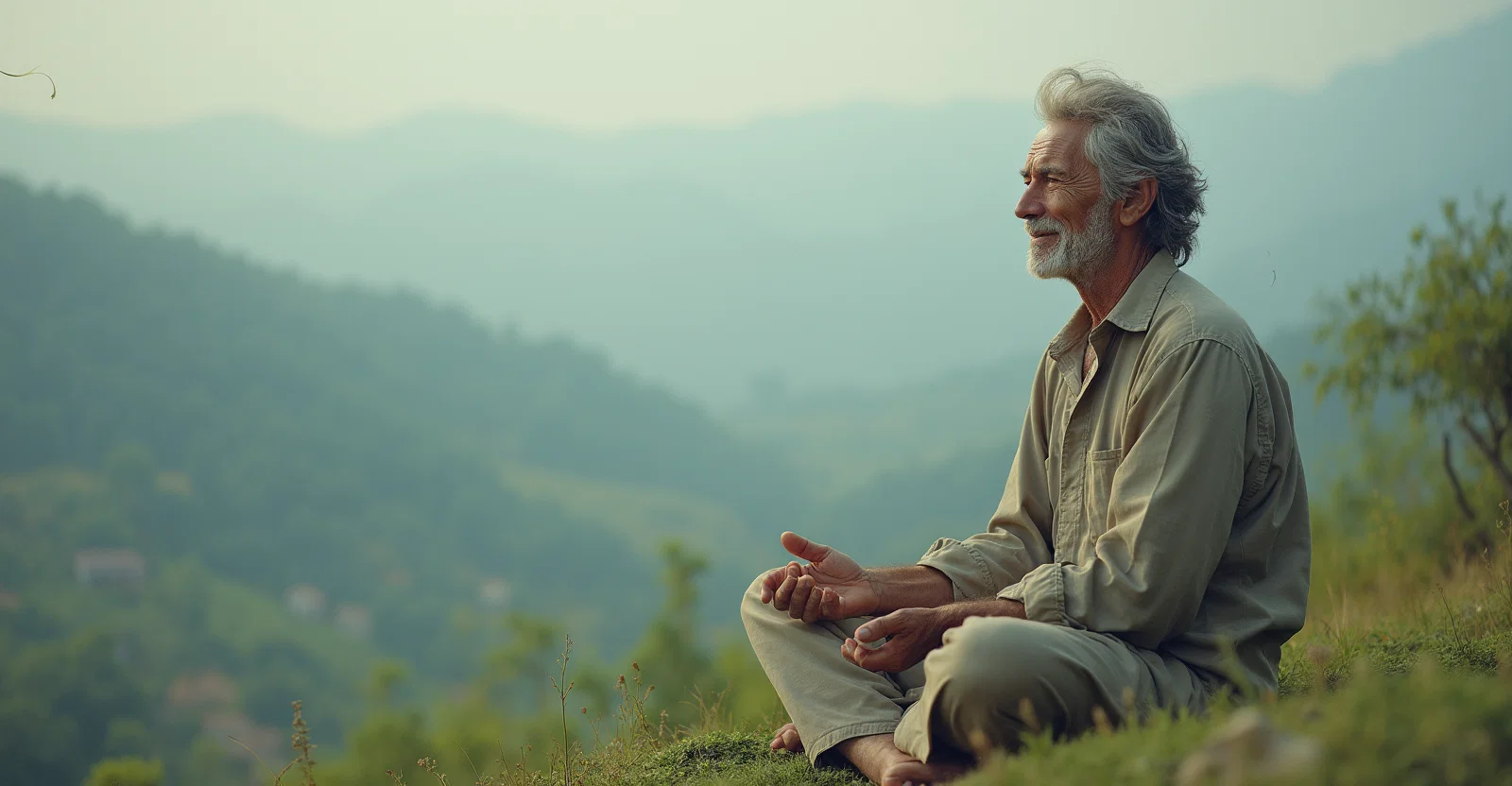It’s actually very easy, but the hardest part is remembering it. As soon as you remember — that’s already 80%. Imagine that you are not your body, thoughts, feelings, and all that. All of that belongs to the body. What is “ours” (and even that, it can only be loosely called ours, and I’ll explain why) is the non-judging, observing wisdom that always knows how to act and that only loves. Realize that everything you thought was you, in fact, is not you — everything becomes easier, and you begin to float above your left (or right, for me it’s left) ear and observe what’s happening.
At first, it will be hard to maintain this because we are so attached to what happens inside of us. But over time, it will get easier. This observer has a great sense of humor — all comedians, either partially or fully, are in this space when they write their comedic bits.
Why do we have nothing “ours” in us? Because our “true self” is that which is imperishable, which never was and never will be ours in the way we typically understand ownership. This body will die, and with it, thoughts and feelings will also disappear. What remains is the wisdom with a good sense of humor, full of love. And that’s all. But this wisdom is part of a vast whole, through which we can feel closeness with others, and into which we return when the body sheds its earthly form. And we don’t live separately in it; we merge with everyone else into one whole. The body gives us the illusion of separation. Only through this sense of separation can we experience the human experience in its sharpest forms — feelings, sensations… But it is the body that gives us the illusion of separation.
If we spend more time in the observer state, we will no longer feel so detached, and our thoughts will stop having such a powerful grip over us.
